Did you know...
A woman is 47% more likely to be seriously injured in a car crash?
That's because crash test dummies, which help make cars safe, were originally modelled off of men.
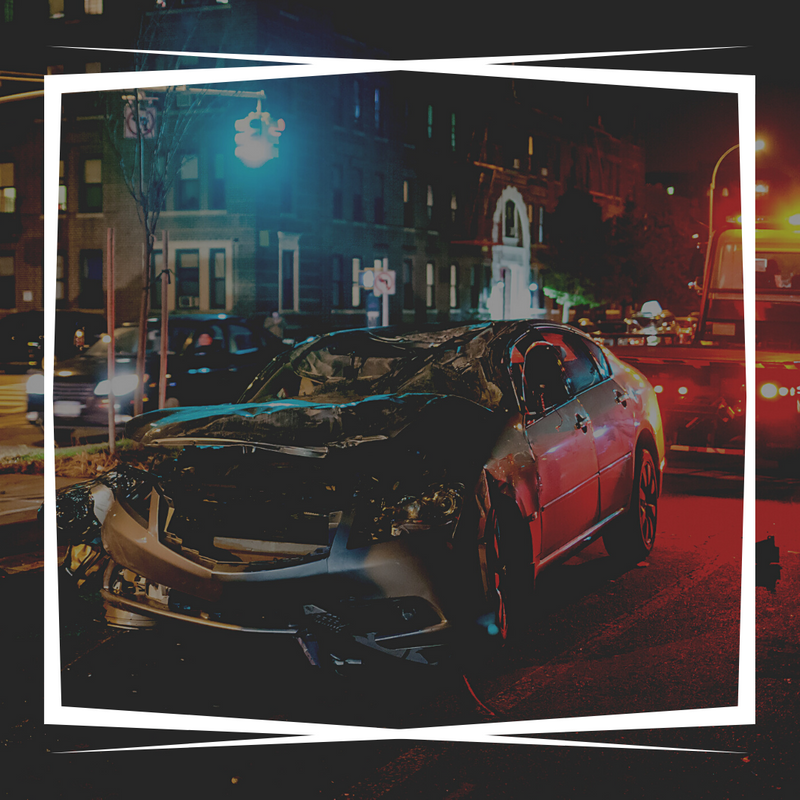
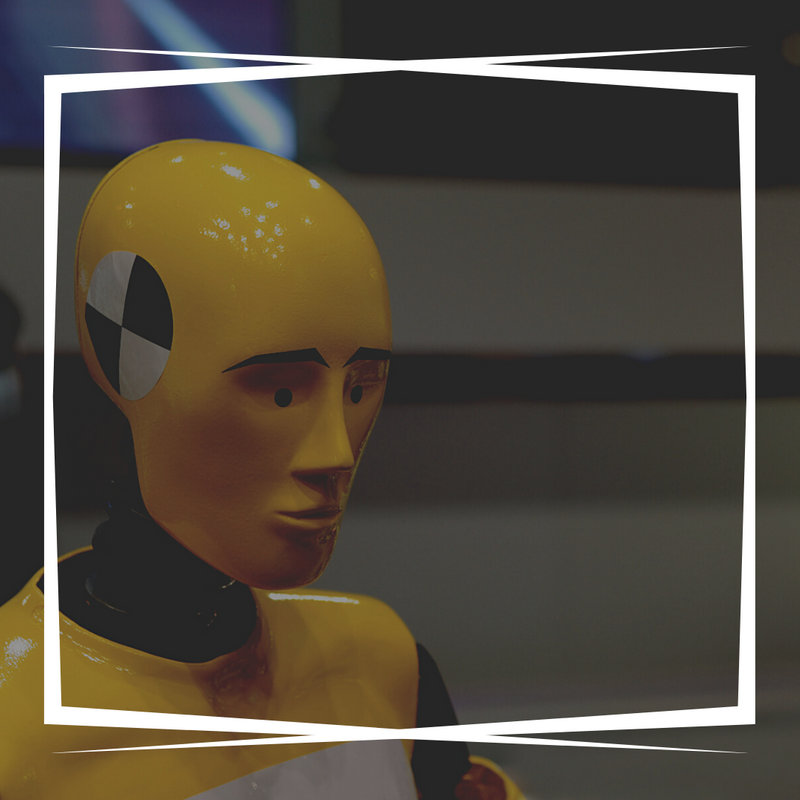
Men and women have different builds, including different muscle and fat distribution.
The crash test dummies were the same size and weight as an 'average' man.
Women weren't considered, and as a result, were put at greater risk of injury. So were men who didn't have an 'average' body.
What was the cause? Unconscious Bias.
What is Unconscious Bias?
Unconscious means you're not aware of it.
Bias means a preference for or against something.
Unconscious bias refers to the judgements we make about other people without thinking.
It's a Human Quality
There's too much information in the world around us for our brains to process. So our brains take shortcuts. This means making judgements without all the information, which leads to unconscious bias.
If you saw a large animal running at you, would you stop to get a better look?
No, you would run! Even though you aren't 100% sure it's a lion, you're brain makes this decision for your survival. This is totally normal.
But the problem comes when we make judgements about other people. Because then we judge people based on qualities (things like their race, age, gender, or education level) instead of who they are as a person.

Quiz
Why do our brains have unconscious bias?
How Does Unconscious Bias Impact Decision Making?
The unconscious judgements we make influence who gets hired for jobs, who we become friends with, or even where we choose to sit on a bus.
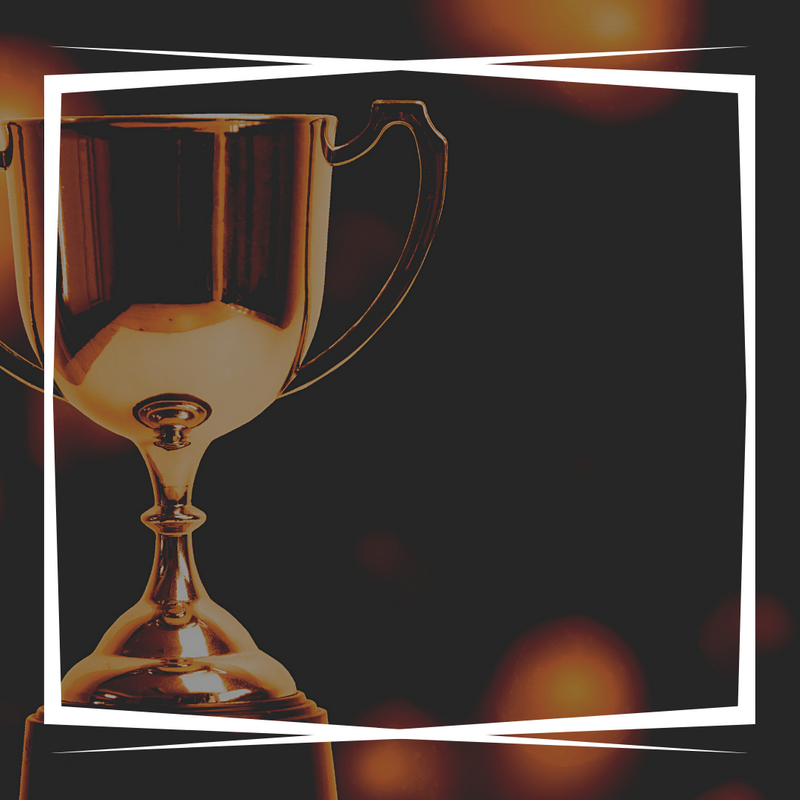
Check Your Thinking
If you were told one of these people didn't have much experience with technology, who would you guess it is?
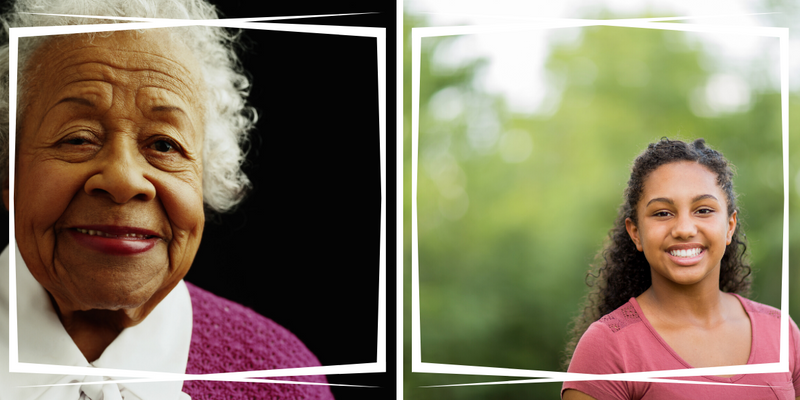
Most people would guess the woman on the left. But this is unconscious bias in action!
By just looking at the picture, we don't have enough information to know who has experience with technology and who doesn't. But, we assume that because she is a senior, she is less likely to have as much experience with technology as a younger person.
Quiz
In this example, which characteristic are we using to make a judgement?
"He'll Have a Good Recommendation"
A team is deciding what to order for lunch. Someone suggests Chinese food, and the group agrees. Without thinking, the group turns to Alan, the only Asian team member, and ask for his recommendation.

Alan sees his teammates' looks and responds: "I don't really eat Chinese food. I'm more of a pizza guy."
Quiz
What characteristic did Alan's teammates making a judgement on?
Reflect
We all have unconscious bias, and we are all judged by other people, who have incomplete information. This may have had a positive or negative impact on you, depending on the type of bias.
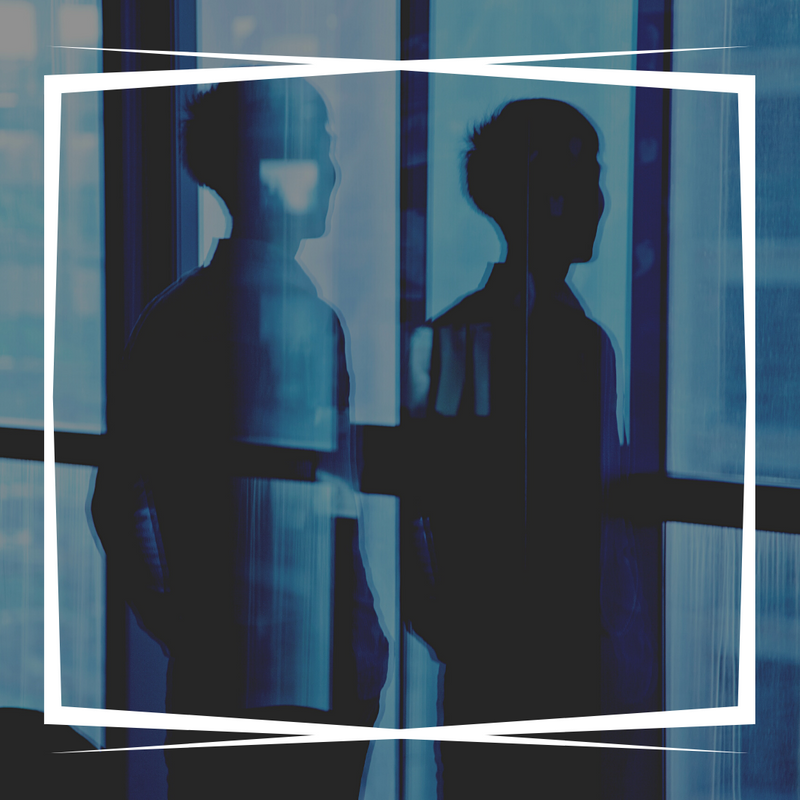
Consider your own experience: When have I been judged by someone else based on a singular characteristic?
If it had a negative impact on you: what were the consequences?
If it had a positive impact on you: was the outcome fair? Who else was affected?
Take Action
We don't need to feel bad about having unconscious bias. It's part of being human.
But being more aware of our thoughts is how we can see people as individuals, instead of judging them unconsciously.
The next time you see a stranger in public, check your thinking. What assumptions are you making about them?
Challenge yourself: is it possible there is more information you don't have?
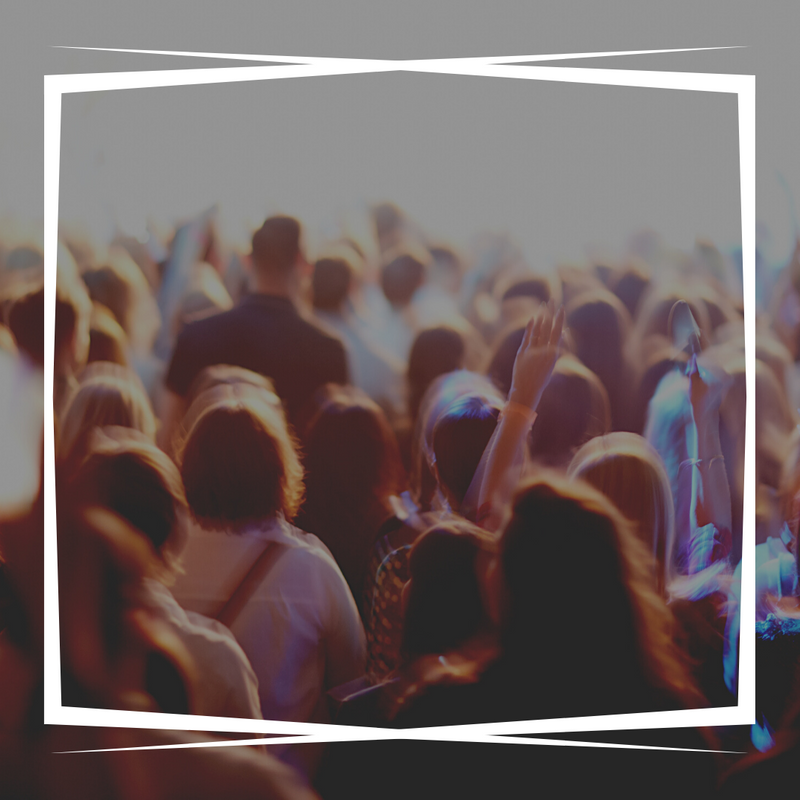
Your feedback matters to us.
This Byte helped me better understand the topic.
